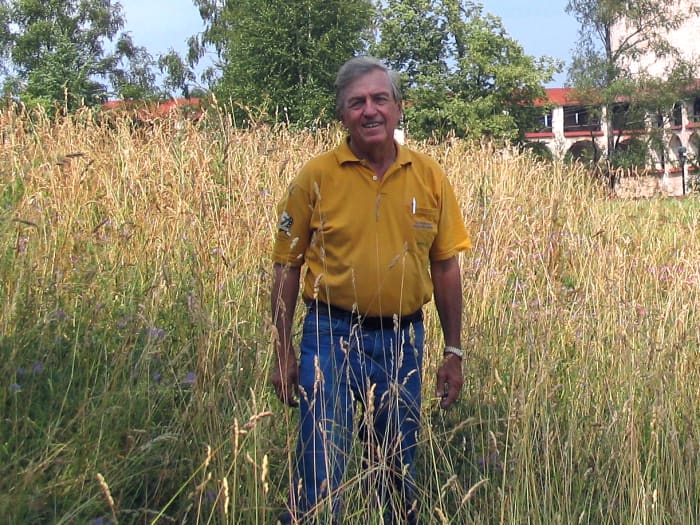About the Breeder

Dr. Conger received his B.S. from Colorado State University in 1963 and his Ph.D. from Washington State University in 1967. He retired from the University of Tennessee after 35 years of service at the end of 2002 with the title of Austin Distinguished Professor.
He is the author or coauthor of 273 refereed journal articles, book chapters, contributions to national and international symposia and congresses, and abstracts. He is Fellow of ASA, CSSA, and AAAS. He was the editor of Critical Reviews in Plant Sciences from 1981-2003.
He developed and released ‘Embryogen P’ orchardgrass in 1991. This model system for studying embryogenesis in higher plants was used in his two space shuttle experiments in 1994 and 1998.
Dr. Conger developed "Persist" orchardgrass, which in his own words, is "the capstone" of his career. In February of 2009, Dr. Bob Conger, professor emeritus from the Department of Plant Sciences, (was recognized for receiving) a Plant Variety Protection Patent for ‘Persist’ orchardgrass. Thanks for all your hard work, Bob!